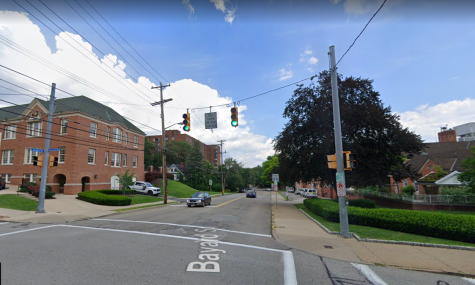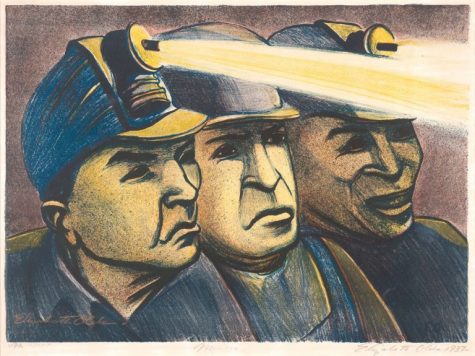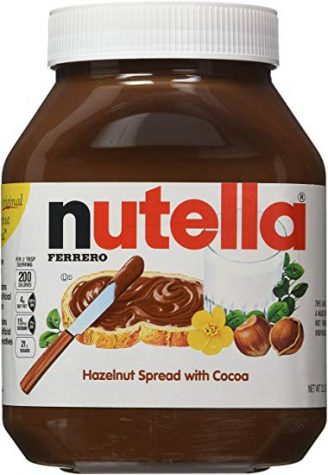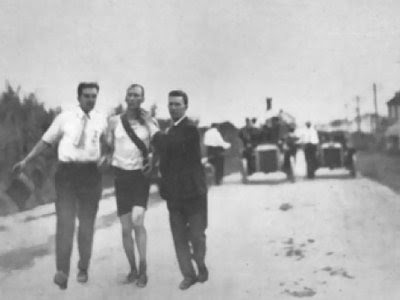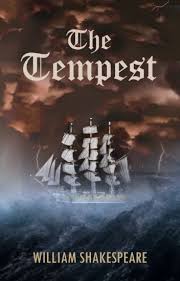Between the Lines: Monthly Book Reviews
October: The Shining by Stephen King
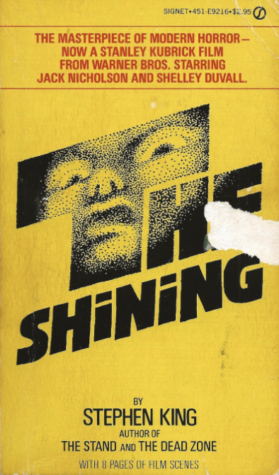
Stanley Kubrick’s 1980 saga of suffering, The Shining, remains one of the most highly acclaimed, recognizable, and frightening horror movies of all time nearly 40 years after its release. The movie’s influence on the horror film genre, from its iconic aesthetic to its plethora of indelible scares, saturates modern pop culture. But this isn’t a movie review. Stephen King’s 1977 novel of the same name doesn’t come with the same carefully constructed color palettes and eerie symmetry as Kubrick’s adaptation. It’s an entirely different animal: not only are major plot points and ghouls disparate, but the book also invests more time in developing its characters and thus aims for the jugular whenever they’re put in danger, creating a completely unique experience from the movie.
The novel follows the Torrance family: young couple Jack and Wendy and their five-year-old son, Danny. Jack’s alcoholism and vicious, uncontrollable temper cause him to lose his cushy job at a small high school in Vermont and move himself, Wendy, and Danny to Colorado. Desperate for a job, Jack eagerly accepts the position of off-season caretaker at the secluded Overlook Hotel. Things seem to be going well for the Torrances, even though Danny’s imaginary friend, Tony, tells him to stay far away from the Overlook. The Overlook’s ageing chef, Dick Hallorann, corroborates Tony’s warnings, but assures Danny that he need only close his eyes if he sees something scary and it will go away. Armed with this knowledge, Danny feels more confident about the months himself and his parents will spend in isolation during the brutal winter.
Here is where the book largely differs from the movie: it spends much less time on scattering scares throughout than it does building up tension to the inevitable by exploiting Jack and Wendy’s fractured marriage, Jack’s increasingly frequent need for a drink and growing obsession with the hotel’s sordid past, and the combination of Danny’s knowledge of the events unfolding around him and his inability to change their outcome. Jack’s internal turmoil also puts heavy strain on himself and his family as he struggles to come to terms with his father’s abuse of himself and his mother and realizes the parallels between his temper and his father’s.
When things do start happening, their hair-raising-ness is amplified by the fact that Danny is the only one experiencing them. He is absolutely helpless. All he can do is, per Mr. Hallorann’s instructions, close his eyes and will them to go away. This proves successful—to a certain point. What King has been building up to for most of the book finally comes to fruition: the hotel’s malicious stars align, and everything that could possibly go wrong, does. The audience has been dreading the final act, and King doesn’t disappoint. He effortlessly speeds up time, from solid amber to hot honey, making the whirlwind climax all the more blood-bubbling, heart-racing, and explosive.
Undoubtedly, many of the Overlook’s horrors were cut from Kubrick’s movie for lack of the technology or budget needed to produce them, or simply because of their gruesome nature. And while the book offers no “Here’s Johnny!”s, it still makes for a disquieting thriller, hauntingly memorable partially because of its ghosts, but mostly because of its humans and their unsettlingly believable motivations and behavior.


